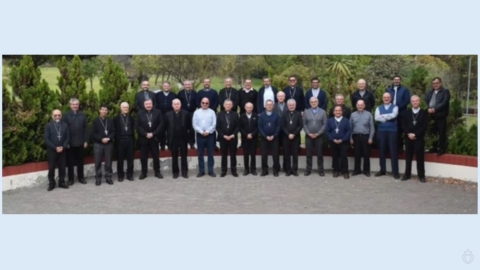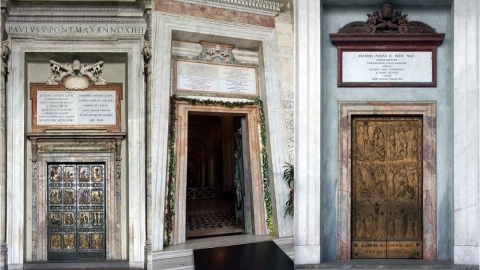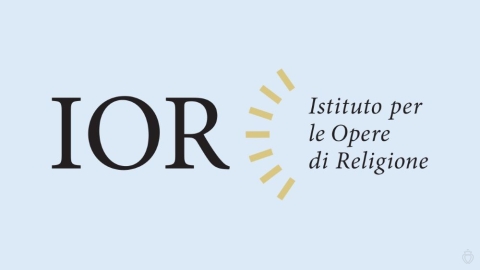Switzerland: Non-Religious Almost On Par With Catholics

In Switzerland, the proportion of people with no religious affiliation has increased sharply in recent decades to reach 32% of the population in 2021. This is the second largest group after Catholics (33%), followed by Reformed Evangelicals (21%).
Those “without religion” declare that they have no religious affiliation: some have never had one, others have left it, finally some still officially belong to a religion but declare themselves as not having one.
According to sociologists, the causes are to be sought in the modernization and growing secularization of society, leading to a distancing – even indifference – in relation to religion and in particular to religious institutions.
Over the past few decades, the population of “non-religious” people has steadily increased in Switzerland. In 1970, only about 1% of the Swiss did not indicate any religious affiliation. In 2000 this group had increased more than tenfold (11%). Ten years later it had doubled (around 20%) and, in 2021, the group will reach almost a third of the population aged 15 or over.
Despite its increase, the proportion of people with no religious affiliation in Switzerland remains rather low compared to that of certain European countries such as France (57%).
If we compare the linguistic regions, it appears that the share of people with religious affiliation is lowest in the Romansh-speaking region (16%) and highest in the French-speaking region (37%). In the German-speaking it is at 31%, and in the Italian-speaking regions it is at 26%.
The proportion of people with no religious affiliation is generally lower in rural areas (27%) than in urban areas (35%). Swiss cities with more than 100,000 inhabitants (Zurich, Geneva, Basel, Lausanne, Bern, and Winterthur) each have a population share with no religious affiliation above the average (between 34% and 57%).
Slightly more men than women have no religious affiliation, around 35% versus 30%. People with no religion are significantly younger than those with a religious affiliation. For men, the average age is around 45, and for women is it around 50. The 25 to 34 age group has the highest share, at 41%.
The proportion of married people is much lower among the “no religion” (41%), compared to 53% for those who have a religion (41% compared to 53%). Single people are overrepresented (44%) among those “without religion” compared to those who are “religious” (32%).
In Switzerland, two thirds of people with no official religious affiliation had a religion in their childhood. Half of these people who left their religion came from the Roman Catholic Church and 40% from the Evangelical Reformed Church.
Secularization has accelerated considerably in Switzerland in recent decades, not only by the inexorable progress of those “without religion,” but also by the leveling that exists between beliefs and practices, whether one adheres to a religion or not. The continual erosion of the number of Catholics only manifests this progressive detachment of the faithful from the Church. Church hierarchy may have grasped the magnitude, but certainly have not grasped the root cause.
(Sources : cath.ch/Office fédéral des statistiques – FSSPX.Actualités)
Illustration : Photo 274025784 | Atheism © Chernetskaya | Dreamstime.com





